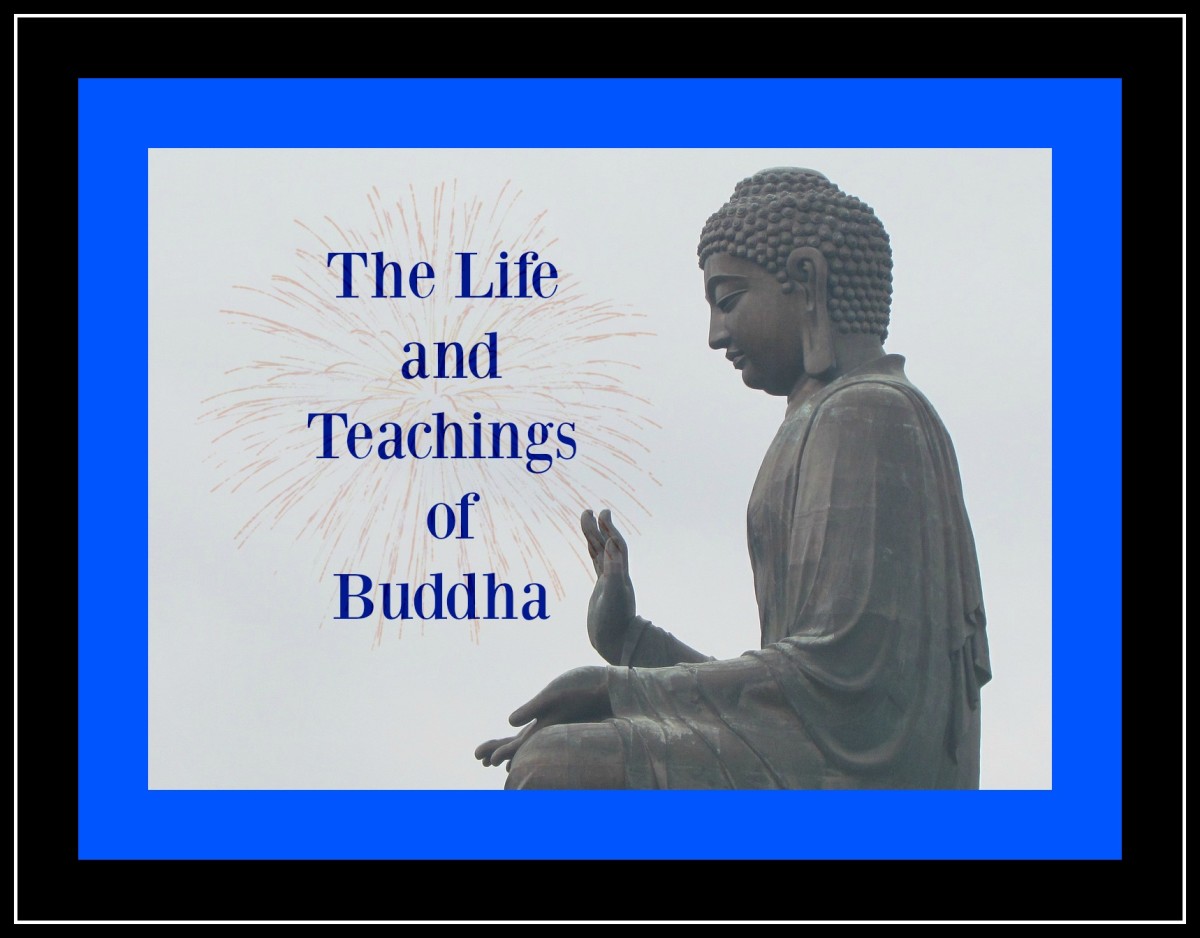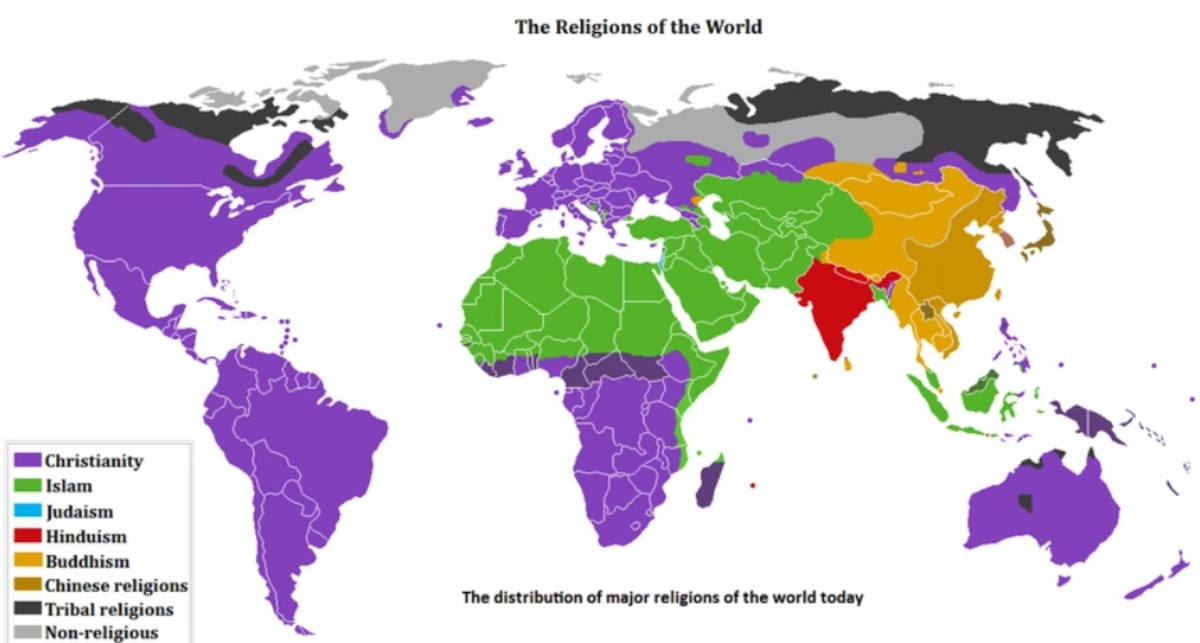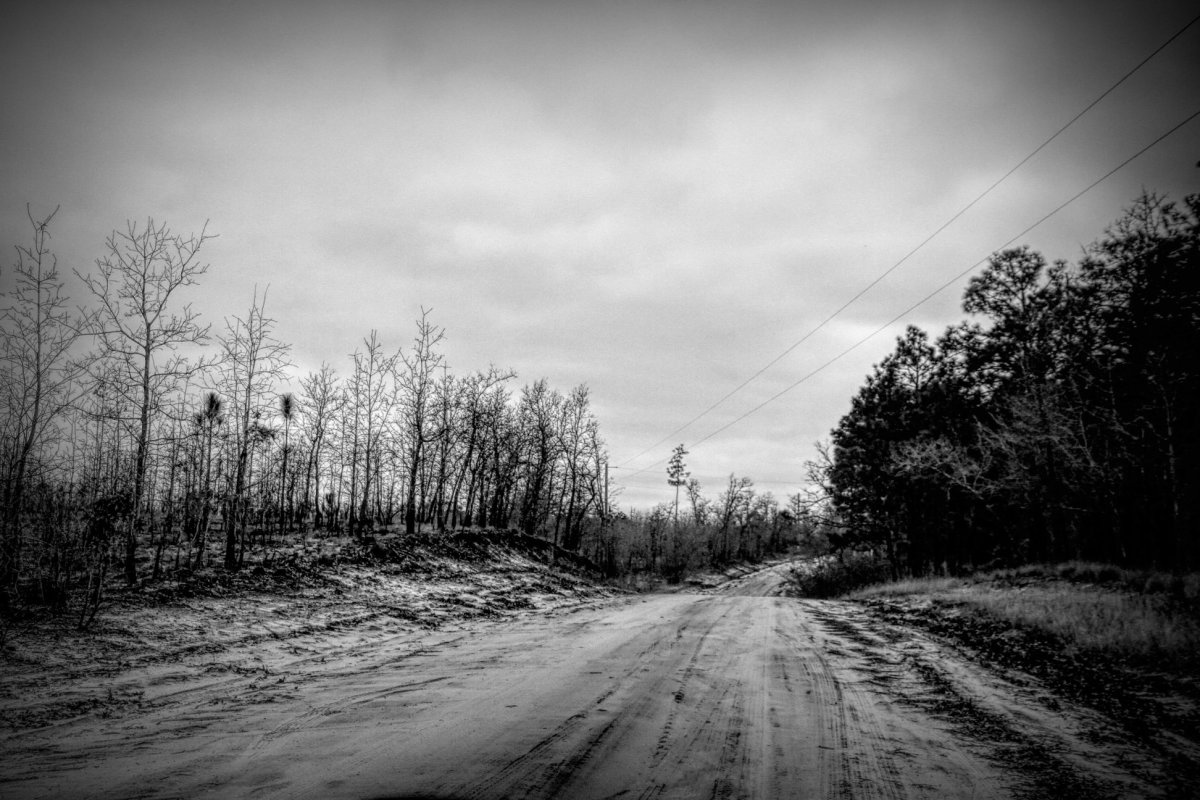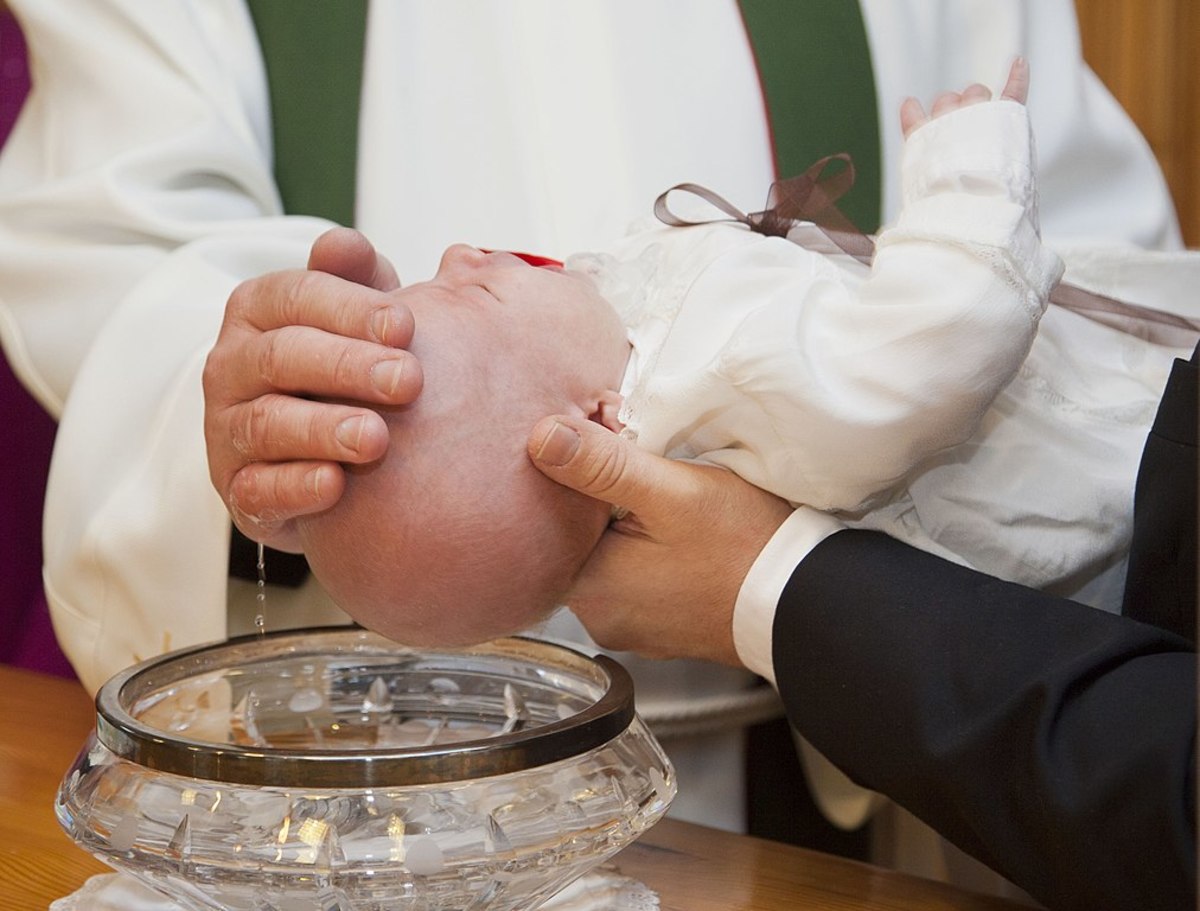Tackling Buddhism in Contrast to the Christian Perspective
Buddhism and Christianity

Introduction
It is man’s challenge to find the path to holiness and ultimately, to fulfill the purpose for his existence. Many disciplines and religions have entire theologies focused on defining a vague concept such as holiness to man who strives to understand, despite the limitations of human reason.
In this paper, I shall endeavor to discuss holiness in the contexts of Buddhist and Christian life through two points, contrasting Buddhist principles to my own beliefs as a Christian –
a) Rejection vs Tempering of Desire;
b) Reincarnation and the Afterlife;and
c) Karma.
Rejection vs Tempering of Desire
Born and raised in the Christian religion, I was pleasantly surprised to study Buddhism and its principles as a part of a course in Oriental Philosophy. Just as much compassion, wisdom, humility and acceptance of death are values shared by both Buddhism and Christianity, I found the Eightfold Path of Buddhists vastly different from my own Christian beliefs. The main point of differences lies is the rejection of desire – Buddhism teaches man to detach from desire, from feelings because these things come from desire, which makes man unhappy. Man should maintain a cool disposition – peace of mind – wherein man has contentedly accepted the unfairness of the world he lives in and resolves to cut off himself from desire.
"Cool Disposition"
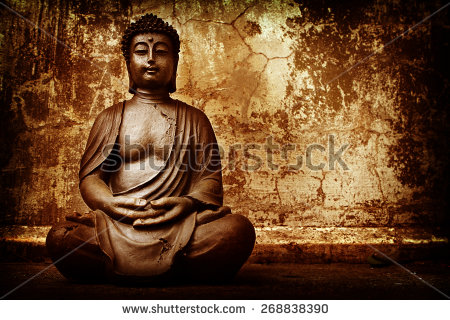
Even though I find having peace of mind a very worthy goal to strive for, I do not necessarily agree with the process that they propose man to undergo in order to get this result. My Christian upbringing has determined my stance in this matter - I cannot accept that I need to give up feelings in order to achieve fullness (or Nirvana, as Buddhists believe in) because I cannot deny that I am a human being, created to love and be loved in as much the same way. I acknowledge that I cannot let my life be ruled by my emotions, but I also don’t want to imagine living without them. I am not only a rational being, but also a creature with a heart that beats hard for every emotion human experience can attest, especially because I believe that the fulfillment of life is in love. I respect the Buddhist principle of contentment in the sense of not yielding to the temptations of emotional avarices. I acknowledge that there lies the risk of my life going astray from the path of holiness but I see the root of the problem in where we attach our desires and cravings, not in the act of attachment itself. St. Luke depicts the Parable of the Rich Fool (Luke 12:13-21) wherein Jesus rebukes “those who piles up riches for themselves but are not rich in God’s sight”. If man attaches himself to the world, he suffers the dissatisfaction of desires because nothing lasts in the world - worldly desires can never give him eternal happiness. On the other hand, a man who desires spiritual treasures will find fulfillment in the way that he has prepared his life to find Heaven.
Parable of the Rich Fool (Luke 12: 13-21)
Reincarnation and the Afterlife
Another difference in Christianity and Buddhism is the belief in life after death. Buddhists believe that man is subject to being reborn in different lives – depending on the way he led the previous life – until he reaches the state of Nirvana. Nirvana is a state of Nothingness because this is the state of being where man is truly freed from desires of human life. On the other hand, I, like any other Christian, firmly live in the belief that this is the only life we have on this earth, and most importantly, our only chance to be with God in Heaven. Even if we believe that our earthly life is only short, we see the end of this time as the door to the life with the Creator in Heaven. In an uncanny sense, Heaven is perceived as the place where the desires of the flesh are shed by the people there as stated by Jesus in Matthew 22:31- “For when the dead rise to life, they will be like angels in heaven…”
REINCARNATION
Karma
Another striking insight I saw from Buddhism was the belief in karma. More than anything else in the Buddhist texts, I noted that their beliefs in good or bad karma that man would receive according to one’s actions in previous or current life proves as strong deterrent from immorality. The Buddhist lessons about karma are seen as reliable standards for morality, their ideals still transcending time and place. In the same manner, we Christians have the Golden Rule that Jesus Christ taught us, “Do unto others what you want to be done unto you…” Uncannily, this is an unmistakable parallel between the Buddhist ideal of karma and the Christian Golden Rule – both act as standard templates for good will amongst people and set examples of the consequences behind all actions of all beings. However, just as I am somewhat skeptical of reincarnation, I still firmly believe that we humans have only one life to live in this world, only one chance to prove whether we can enter Heaven or go to Hell. Even if our actions will have consequences that show which way we will go when we die, we have a Judge, the Highest Being of all - God, who will tell us whether we will be welcomed in His Paradise or suffer in Hell. Because the Buddhist ideal of karma and the Christian Golden Rule have become synonymous with one another over the centuries, I believe that I can accept that karma does exist but it will only happen to the human person in only one lifetime.
Buddhism on Karma
Matthew 7:12 (The Golden Rule)

Conclusion
Regardless of their differences, I found that both Buddha’s Eightfold Path and Jesus Christ’s teachings are great guides to man’s journey to holiness. Ultimately, holiness is a personal encounter with God (or the Highest Level of Enlightenment, in the Buddhist sense), since every person in each generation must find his or her path in searching for His presence.

